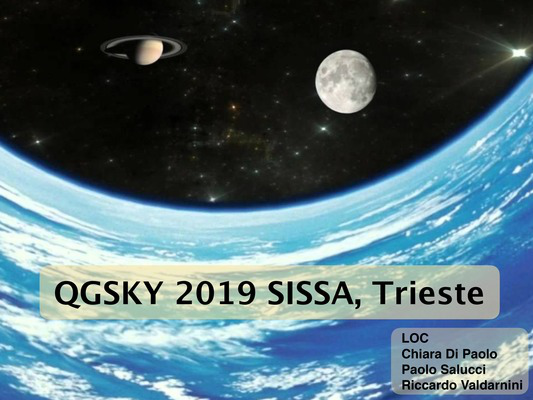Speaker
Description
The first two observing runs of Advanced LIGO and Advanced Virgo have been characterized by several groud-breaking discoveries.
On September 14, 2015, there was the the first observation of gravitational waves (GWs) from the merger of a binary black hole (BBH);
two years later, on August 17, 2017, there was the first joint detection of GWs and photons from a binary neutron star merger: this dicovery marked the birth of multi-messenger astronomy with GWs, opening a new chapter in the study of the universe.
Besides this two events, the LIGO and Virgo collaborations also reported the detection of other 9 BBH mergers during the first two science runs;
furthermore, other GW candidates have been observed during the current observing run, started on April 2019.
Both Advanced LIGO and Advanced Virgo are operating with improved sensitivity, and more GW and joint GW and electromagnetic detections are expected in the near future I will give an overview of the past and most recent GW and multi-messenger observations, their astrophysical implications and the prospects for the upcoming years.



